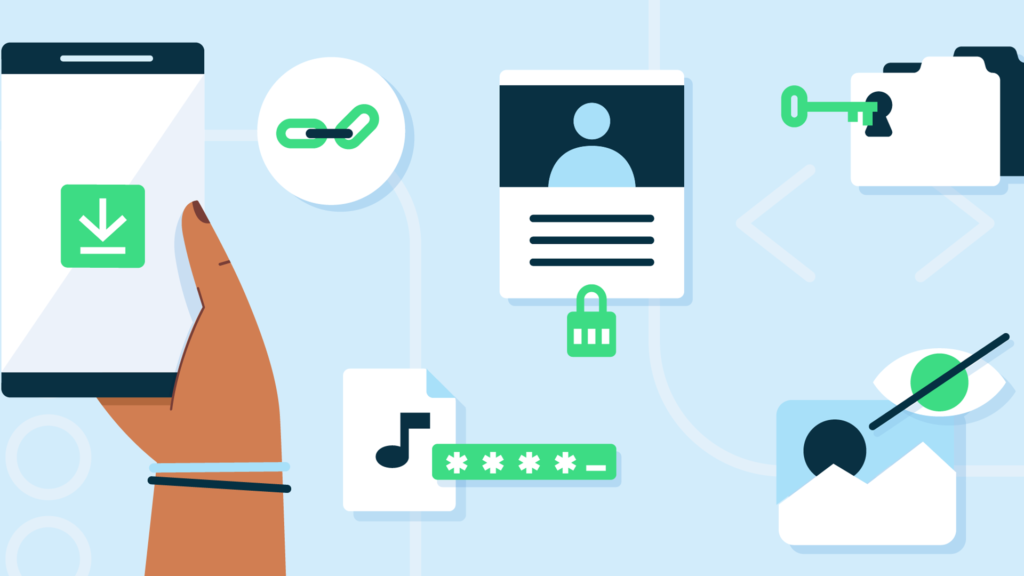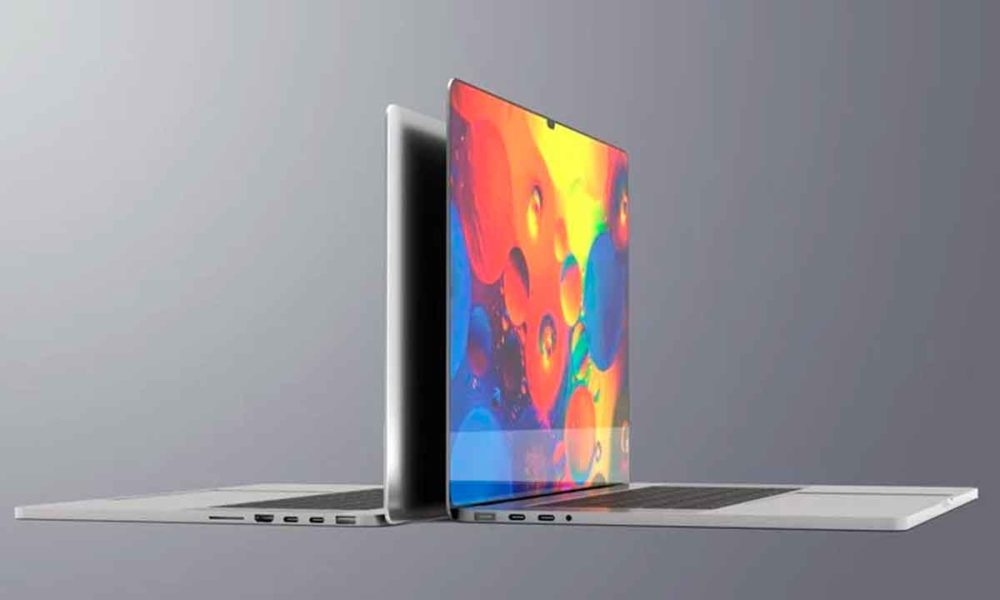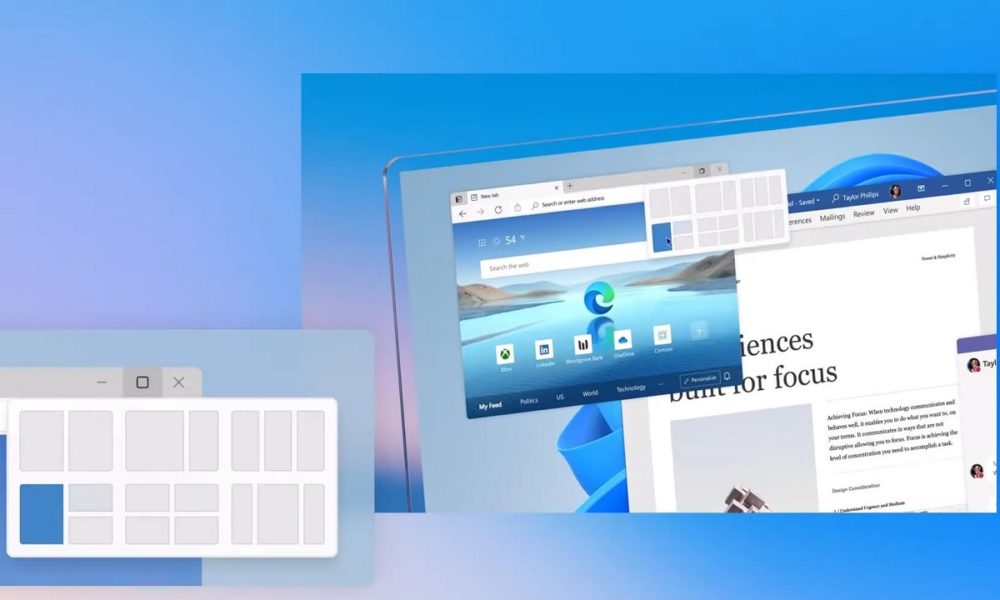
Google plans to end support for Android Jelly Bean, a version of its operating system released early in the last decade.
Each year, Google takes care to release a new version of Android, its mobile operating system. Over the years, however, the American company would have too many software branches to maintain. This is why the Mountain View firm takes the decision from time to time to end support for the oldest versions.
This is exactly what was announced this Friday, July 9, 2021 with Jelly Bean, the Android code name representing version 4.1 (up to 4.3.1) of the OS. In a blog post, Google indicates that the Jelly Bean shelving is scheduled for August 2021, when an expected update to the APK of Google Play services will be released.

An endangered version
To nip in the bud any criticisms that could arise in the wake of this decision, Google firstly observes that the release of Jelly Bean dates from 2012 (and that, therefore, there were nine other versions of the OS released. since). Then, in a second argument, the company notes that not many people use Jelly Bean anymore: the OS weighs less than 1% of active terminals.
Obviously, this statistic must also be considered by taking into account the real number of smartphones and tablets in circulation. It turns out that we are talking about three billion devices in circulation, according to the latest statistics communicated by Google at a conference organized in mid-May. At this scale, 1% still represents 30 million devices worldwide.
To these two elements could be added a third fact: the owners of a smartphone very regularly renew their device. In France, according to a digital barometer published in July 2021, 84% of people own a mobile that is less than three years old – which suggests that, in the case of France, the vast majority of individuals evolve with a version of ‘Android with three or four years of seniority.



